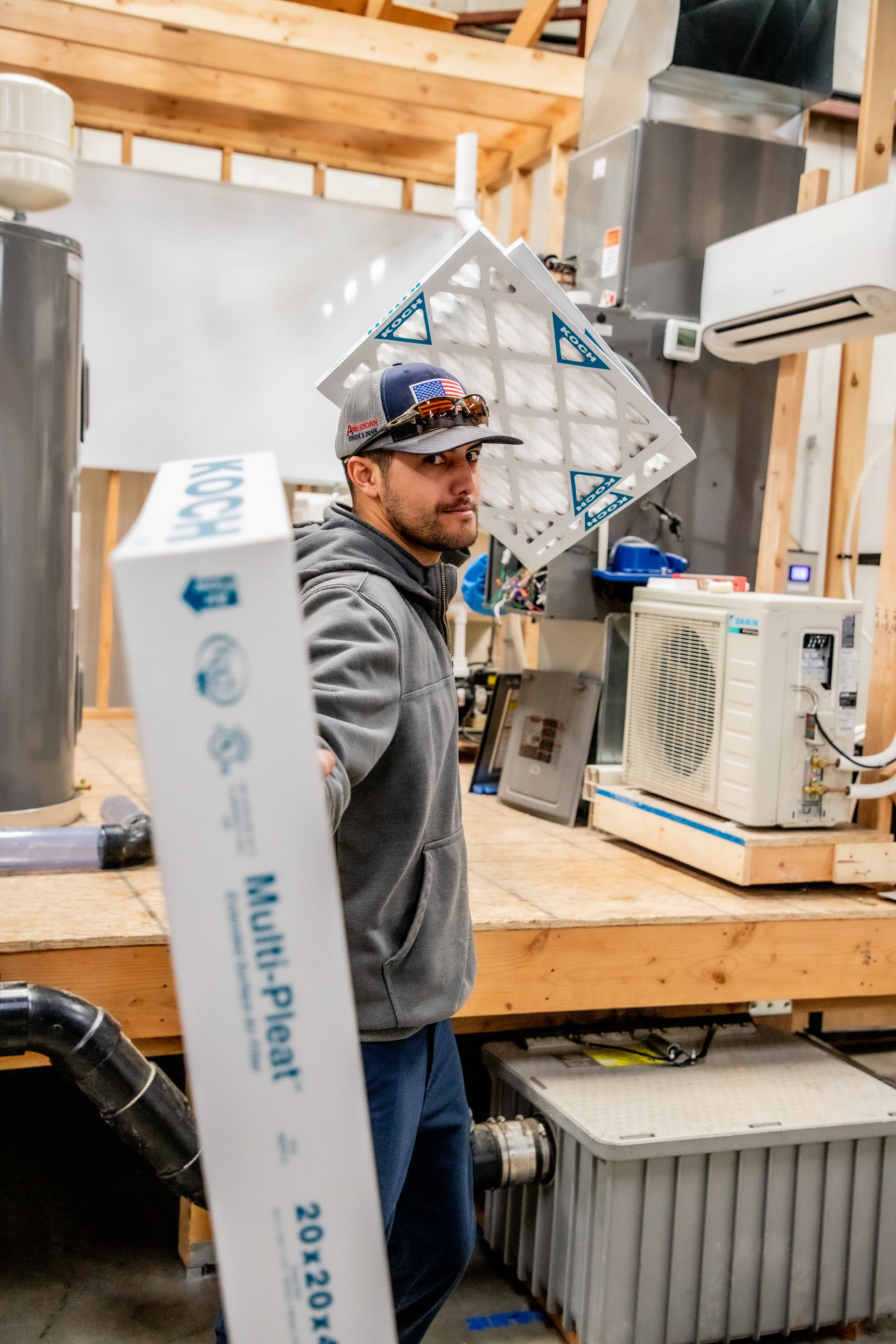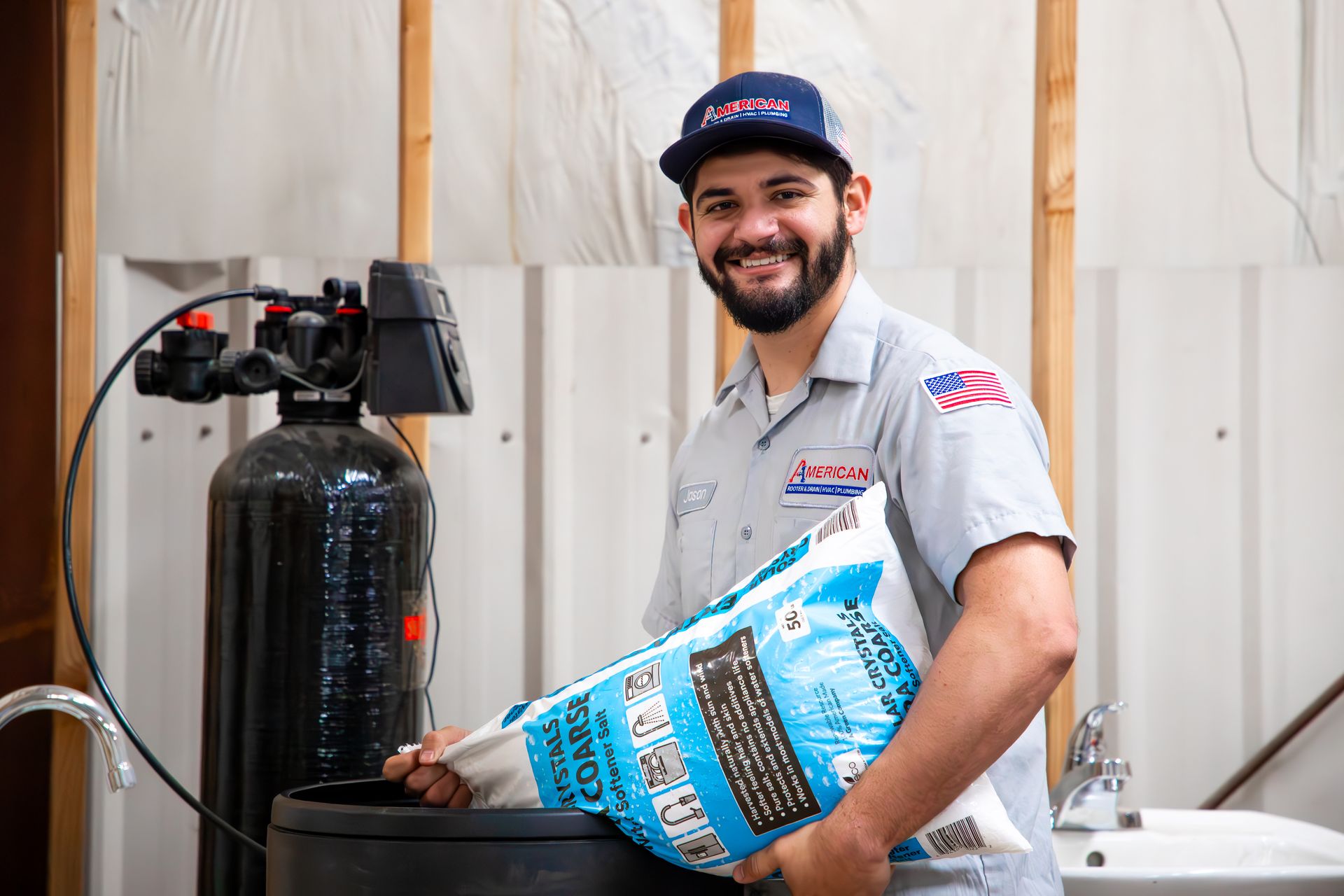What are the Best Ways to Save on Utility Bills with HVAC Upgrades?
Utility bills can significantly impact your monthly budget, especially during extreme weather conditions. Fortunately, homeowners have various options to reduce their energy costs through efficient plumbing and HVAC upgrades. This article outlines practical strategies to enhance energy efficiency, improve indoor air quality, and ultimately lower your utility bills.
Understanding the Importance of Regular HVAC Maintenance
Regular HVAC maintenance is crucial for homeowners looking to keep their energy bills in check. An efficiently operating heating and air conditioning system not only ensures comfort but also helps reduce energy costs. Routine inspections and tune-ups by a professional HVAC technician can identify potential issues before they escalate into costly repairs. By maintaining your HVAC system, you can ensure that it operates at peak efficiency, thus consuming less energy while providing optimal heating and cooling. Ignoring regular maintenance can lead to a decline in system performance, which can significantly increase your utility bill over time.
5 Ways to Save on Heating and Cooling Costs
There are several effective strategies that homeowners can implement to save on heating and cooling costs. First, consider upgrading to a new HVAC system that is designed for energy efficiency. Second, regularly changing your air filters can improve airflow and reduce the workload on your air conditioning unit or furnace. Third, investing in insulation can help keep your home warm in winter and cool in summer, reducing the demand on your HVAC system. Fourth, sealing any leaks around doors and windows can prevent hot or cold air from escaping, enhancing the overall efficiency of your heating and cooling systems. Finally, using a programmable thermostat allows you to set specific temperatures for different times of the day, ensuring that you only use energy when needed.
How a New HVAC System Can Lower Your Utility Bill
Upgrading to a new HVAC system can be a game-changer for homeowners looking to lower their utility bills. Modern HVAC systems are designed with advanced technology that maximizes energy efficiency. These units can significantly reduce energy consumption compared to outdated systems. By investing in a unit for your home that is ENERGY STAR certified, you can save a considerable amount on your energy costs. Additionally, a new furnace or air conditioning system can improve indoor air quality, providing a healthier living environment for your family.
How Can Plumbing Services Help Reduce Utility Bills?
The Role of a Plumber in Efficient Water Usage
Plumbing services play an essential role in helping homeowners manage their water usage efficiently. A qualified plumber can assess your current water systems and recommend upgrades that can significantly reduce water waste. For instance, installing low-flow fixtures in bathrooms and kitchens can reduce water consumption without sacrificing performance. Furthermore, implementing a water treatment system can enhance the quality of water in your home, reducing the need for bottled water and other costly alternatives.
Benefits of Upgrading Your Water Heater
Upgrading your water heater can yield substantial savings on your utility bills. Older water heaters often operate less efficiently, leading to higher energy costs. By installing a new, energy-efficient water heater, homeowners can enjoy faster heating times and lower energy consumption. Tankless water heaters, for example, heat water only when needed, eliminating standby heat loss and significantly reducing energy costs. The investment in a modern water heater not only saves money but also enhances the comfort of your home.
How Plumbing Repairs Can Impact Your Utility Costs
Regular plumbing repairs are vital for maintaining efficient water usage and can directly impact your utility costs. Leaky faucets, running toilets, or damaged pipes can waste a significant amount of water, leading to higher utility bills. By promptly addressing these issues with the help of a skilled plumber, homeowners can prevent excessive water usage and avoid costly repairs in the future. Additionally, regular checks and repairs can also enhance the longevity of your plumbing system, further contributing to long-term savings.
What HVAC Maintenance Should Homeowners Consider?
Why Regular HVAC Tune-Ups are Essential
Regular HVAC tune-ups are essential for ensuring that your heating and cooling systems operate efficiently. These maintenance services typically include checking refrigerant levels, inspecting electrical connections, and cleaning components. A well-maintained HVAC system can perform better, reducing energy costs and extending the lifespan of the equipment. Homeowners should schedule annual tune-ups to keep their systems running smoothly and to identify potential issues before they become major problems.
How to Choose the Right HVAC System for Your Home
Choosing the right HVAC system for your home is crucial for maximizing energy efficiency and comfort. Homeowners should consider factors such as the size of their home, local climate, and specific heating and cooling needs. Consulting with a professional HVAC technician can help you identify the best options available. They can provide insights into the most suitable heating system or air conditioning unit that fits your home’s requirements and budget, ensuring you make an informed investment that will pay off in lower utility bills.
Tips for Maintaining Your Air Conditioning System
To keep your air conditioning system operating efficiently, there are several maintenance tips homeowners should follow. First, ensure that the outdoor unit is free from debris and foliage that can obstruct airflow. Second, regularly clean or replace air filters to maintain optimal airflow and efficiency. Additionally, consider scheduling professional maintenance services at least once a year to ensure all components are functioning correctly. By following these tips, you can improve the lifespan of your air conditioning system and keep your energy bills low.
How to Efficiently Use a Programmable Thermostat?
Setting Up Your Programmable Thermostat for Savings
A programmable thermostat can be a powerful tool for managing your utility bills. Setting it up correctly allows homeowners to automate their heating and cooling schedules based on their daily routines. For instance, you can program the thermostat to lower the temperature during the day when no one is home and raise it before your family returns in the evening. This strategy ensures that you are not wasting energy while away, ultimately leading to significant savings on your utility bills.
Common Mistakes to Avoid with Thermostat Settings
While programmable thermostats are designed for efficiency, there are common mistakes homeowners should avoid. One frequent error is setting extreme temperatures in an attempt to heat or cool the home rapidly. This can lead to increased energy costs without meaningful benefits. Another mistake is failing to adjust the settings for seasonal changes. Regularly reviewing and adjusting your thermostat settings in accordance with the season can help maintain comfort while minimizing energy consumption.
How a Programmable Thermostat Can Help Manage Utility Bills
Using a programmable thermostat effectively can yield substantial benefits for managing utility bills. By automating temperature adjustments based on occupancy and time of day, homeowners can reduce energy consumption significantly. Furthermore, many modern programmable thermostats offer features that allow for remote access, enabling users to adjust settings from their smartphones. This level of control ensures that you are always utilizing energy efficiently, ultimately leading to lower utility costs over time.
source https://www.idahosplumber.com/how-to-reduce-utility-bills-with-efficient-plumbing-and-hvac-upgrades


